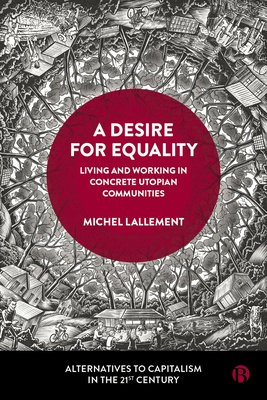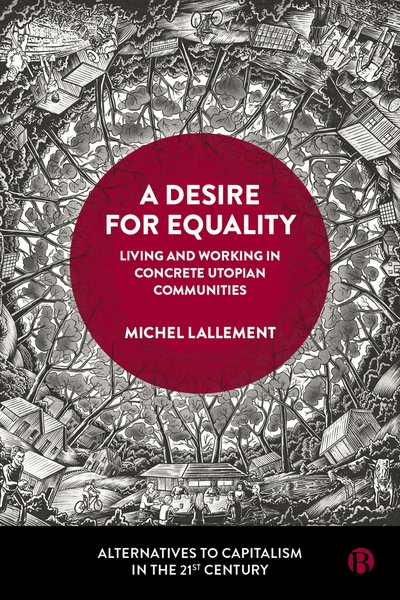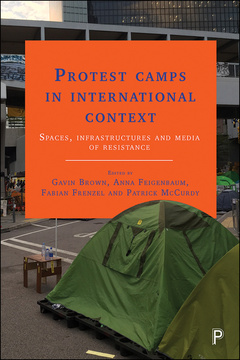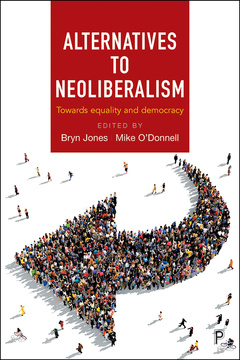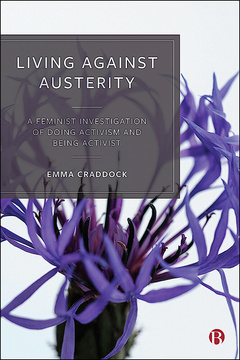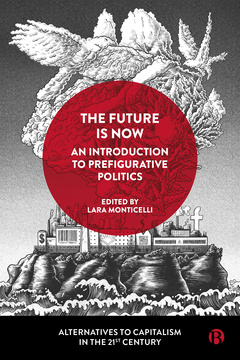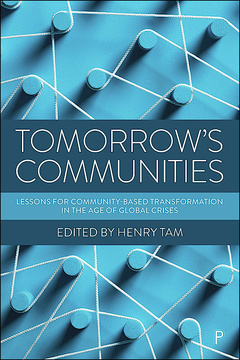Published
Jul 19, 2024Page count
224 pagesBrowse the series
Alternatives to Capitalism in the 21st CenturyISBN
978-1529236774Dimensions
234 x 156 mmImprint
Bristol University PressPublished
Jul 19, 2024Page count
224 pagesBrowse the series
Alternatives to Capitalism in the 21st CenturyISBN
978-1529236798Dimensions
234 x 156 mmImprint
Bristol University PressPublished
Jul 19, 2024Page count
224 pagesBrowse the series
Alternatives to Capitalism in the 21st CenturyISBN
978-1529236798Dimensions
234 x 156 mmImprint
Bristol University PressSince the late 1960s, individuals rebelling against societal norms have embraced intentional communities as a means to challenge capitalism and manifest their ideals. Combining archival work with an ethnographic approach, this book examines how these communities have implemented the utopias they claim to have in their daily lives.
Focusing primarily on intentional communities in the United States who have adopted egalitarian principles of life and work, notably Twin Oaks in Virginia, the author examines the lives and actions of members to further understand these concrete utopias. In doing so, the book demonstrates that intentional communities aren't relics of a bygone era but rather catalysts capable of shaping our future.
Michel Lallement is Professor of Sociology at the Conservatoire National des Arts et Métiers (CNAM) and a member of the Laboratory for Economic Sociology at the French National Centre for Scientific Research (LISE-CNRS). He has written extensively on work transformations and new work communities.
Introduction: Desire for Equality and Forward Dreams
1. A Community Rainbow
2. From Walden to Twin Oaks
3. The Why and How of Community Involvement
4. I, We
5. The Rules of the Community Game
6. Work: The Shadows of the Market
7. Work: Utopia in Practice
8. The Flip Sides of Community Work
9. Community Destinies
Conclusion: Towards a Society of Communities?







